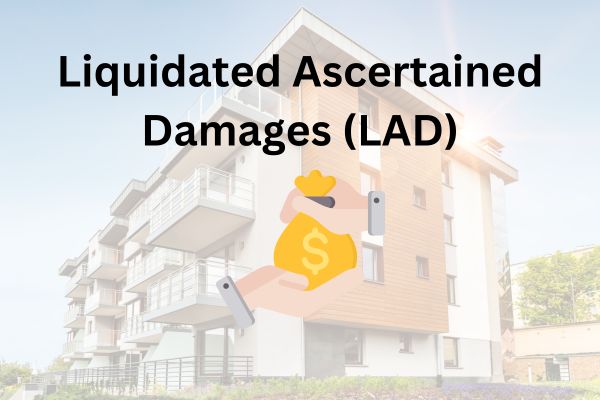In Malaysia, Liquidated Ascertained Damages (LAD) refers to a pre-determined amount of money that one party (usually the contractor or developer) has to pay to the other party (usually the property owner or developer) for a delay in completing a construction project. This amount is specified in the contract and serves as compensation for the delay without requiring the party suffering from the delay to prove the actual loss or damage.
In the context of property development or construction in Malaysia, LAD is commonly applied when a contractor or developer fails to complete a project on time or misses a stipulated deadline. The LAD clause in the contract clearly outlines the daily or periodic rate of damages that must be paid for each day the project is delayed.
Key Points about LAD in Malaysia:
- Pre-determined Amount: The rate of LAD is typically specified in the contract, agreed upon by both parties before the start of the project.
- Purpose: The primary purpose of LAD is to provide certainty and avoid disputes regarding the amount of compensation due to delays, as it is agreed upon in advance.
- Amount is Fixed: The amount is fixed in the contract, and the affected party doesn’t need to provide evidence of specific losses incurred due to the delay.
- Late Completion: LAD is usually applied when the contractor does not meet the agreed-upon completion date.
- Legal Framework: LAD is regulated under construction law in Malaysia and is commonly referenced in contracts such as the Standard Form of Building Contract (e.g., PAM Contract).
Example of how it works:
- If the contract specifies a daily LAD of RM500, and the contractor delays the project by 10 days, the total LAD payable would be RM5,000.
However, LAD clauses can vary, and contractors may negotiate limits or caps on the total amount of LAD payable, so it’s essential to carefully review the specific terms in the contract. Additionally, the courts may intervene if the LAD amount is deemed to be a penalty rather than a genuine pre-estimate of damages.
